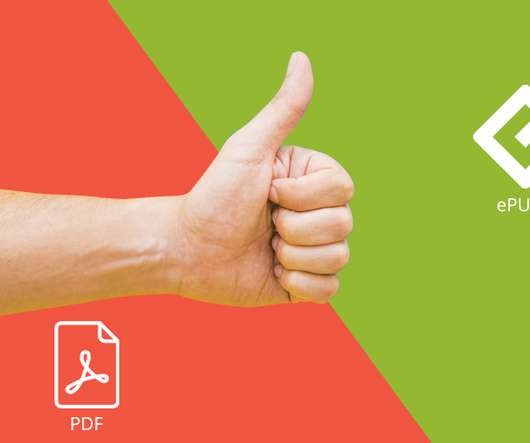New Ways to Gamify Learning
Ask a Tech Teacher
SEPTEMBER 13, 2018
But those webtools exemplify where the gamification of education started. Augmentation: Technology not only replaces a traditional tool but adds functionality, e.g. using Google Earth to explore the setting of a story rather than a map. e.g. using virtual meeting tools (like Google Hangouts) to include housebound students in a class.















Let's personalize your content